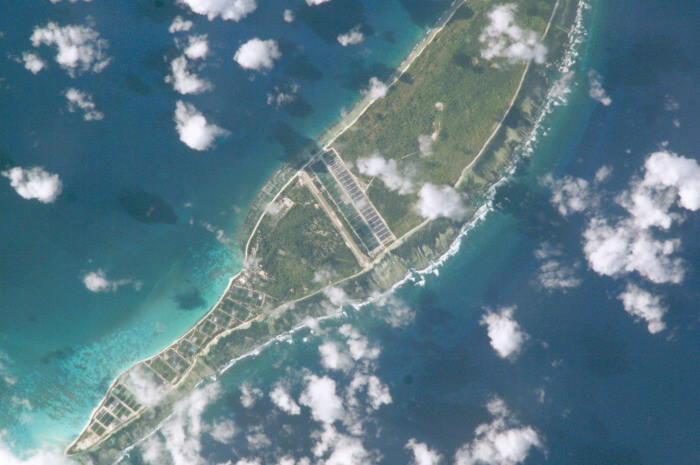Plans to run a large-scale farming project on Coetivy island are still being pursued despite some hurdles that have arisen, a top official of the Islands Development Company (IDC) said on Monday.
In August last year, a group of farmers went on a tour of Coetivy, one of the islands earmarked for farming, to see the potential it has to produce crops and livestock for the Seychellois population.
Coetivy is one of a number of islands managed by IDC and its chief executive, Glenny Savy, told SNA that this project will continue even if IDC has to pursue it on its own.
There were reports that the project was at a standstill due to a dispute between IDC and other agricultural partners.
“There is no dispute between IDC and the Ministry of Agriculture. IDC has asked farmers to lease the land on Coetivy that they will use for farming, but some of them have asked that the land be leased directly from the government instead of IDC,” said Savy.
He explained that this will not be possible because the land has already been leased to IDC by the government and it is only the company can lease the land to the farmers.
“Some farmers have asked for subsidies from the government, but IDC wants to create farming that can stand on its own and not depend on the government. Obviously, some farmers have declined to take part in this project, but there are others who remain very interested. IDC will work with them and soon some agreements will be signed,” added Savy.
The chairman of the Agricultural Producers’ Association of Seychelles, Barry Nourrice, said that at the moment, they are waiting for things to be sorted before they can comment on the matter.
Coetivy is a coral island 290km south of the main island of Mahe. The island was traditionally used for agriculture and up to 2006 it had the nation’s only aquaculture plant for prawn farming. After that, it was used as a prison facility.
The project will see the island become the main producer of a number of crops such as onions, garlic, ginger, vanilla and sweet melon.
“We have to be careful though because IDC does not want to affect small farmers with its large-scale crop production. Therefore, there are some crops, such as watermelons, tomatoes, leafy vegetables that we do not want to produce on a large scale as that will cause smaller farmers to suffer losses. We therefore want to concentrate on more commercial crops,” said Savy.
IDC also intend to bring in various new technology to the island to enable them to produce certain crops in the off-season to help cut down on importation.
“The objective of producing food on a large scale is to ensure food security especially during times of crisis, such as with the COVID-19 pandemic and also our main aim is to reduce the country’s dependency on imported produce,” added the CEO.
Agriculture was once done on a large scale on several islands including Coetivy, Silhouette, Farquhar, Desroches, and Providence and the main products were vegetables, pork, beef, chicken, copra and coconut oil.
Aside from agriculture, prawn farming is also expected to restart on Coetivy.
Savy said that work has begun on infrastructure that will allow the production of around 200 tonnes a year on the island, for local consumption and it will also include the production of other aquaculture species.

